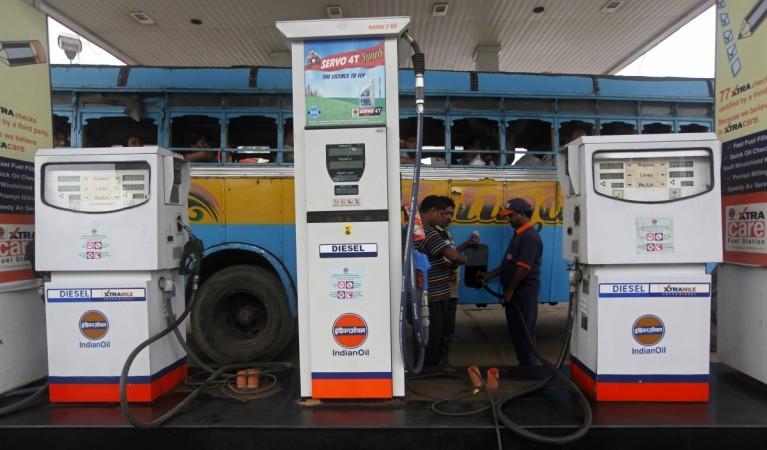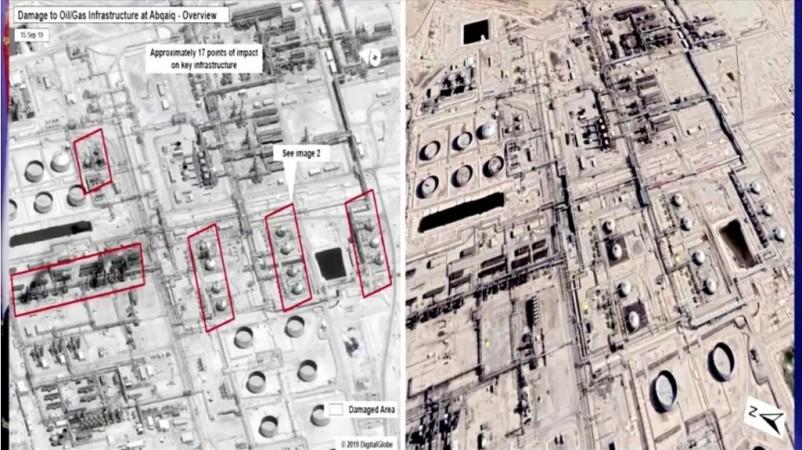
A spike in fuel prices for the eighth successive day is worrying motorists across India. But, the recent uptrend triggered by the Yemeni Houthis' attack on Saudi Arabian oil installations, forcing a 50 per cent cut back in production may be losing steam, industry observers feel. News reports cite a number of reasons why the international crude prices may soften.
Houthis, who have owned up the September 14 drone attacks that crippled the installations in Abqaiq, have offered to halt attacks on Saudi oil installations, which is likely to ease pressure on crude. Saudi Arabia has also said that it has restored production to levels close to those prior to the attack as the repairs to the damaged installations were progressing in a timebound manner. Houthis said its drones hit Abqaiq processing facility and Khurais oil fields causing massive damage. Saudi Arabia said after the attacks on state-owned refiner Aramco that its production would be hit to the extent of about 6 million barrels per day amounting to nearly 5 per cent of global oil production. Saudi Arabia and the US blame Iran for the strikes, but Iran has threatened to hit population centres in Saudi Arabia and the United Arab Emirates like Abu Dhabi and Dubai if it is attacked.
The US move to send more troops to Saudi Arabia and station advanced USS Nitze guided-missile destroyer on Saudi waters have eased panic among its allies. US President Donald Trump's announcement soon after the attacks that his country would release more oil from its strategic reserves to make up for the shortfall was also calming for the market.
The fuel prices in India have tracked international crude prices and risen every day since the attack. However, there are signs of returning confidence in the market now that the parties in the Middle East conflict are toning down the rhetoric.

Indian motorists have been on the verge of panic with petrol costing more than Rs 74 in Delhi and about to touch Rs 80 in Mumbai on Tuesday.
Indian oil users have been worried that Saudi Arabia that supplies a fifth of its oil imports could fail to meet its commitments. Oil Minister Dharmendra Pradhan on Thursday spoke to Saudi Arabia's new oil minister Prince Abdulaziz bin Salman who assured India of meeting all its committed oil supplies. Saudi Arabia, which is India's second-largest oil supplier after Iraq, sells close to 2 million tonnes of crude every month. Of this, 1.2-1.3 million tonnes of supplies for September have already been taken and the rest also has been assured, a report on the India Today website says.
The National Interest website reported that the global oil situation has advanced much from the situation during the Iraq war that sent oil prices skyrocketing. The market is much more mature now and even the threat of the worst between Saudi Arabia and Iran may not disrupt the markets for a long period. Even the rising tension triggered by Washington's decision to unilaterally pull out of the Iran nuclear treaty and the incremental tightening of trade sanctions amid worsening rhetoric had not sent the market barreling out of control, the report said.









